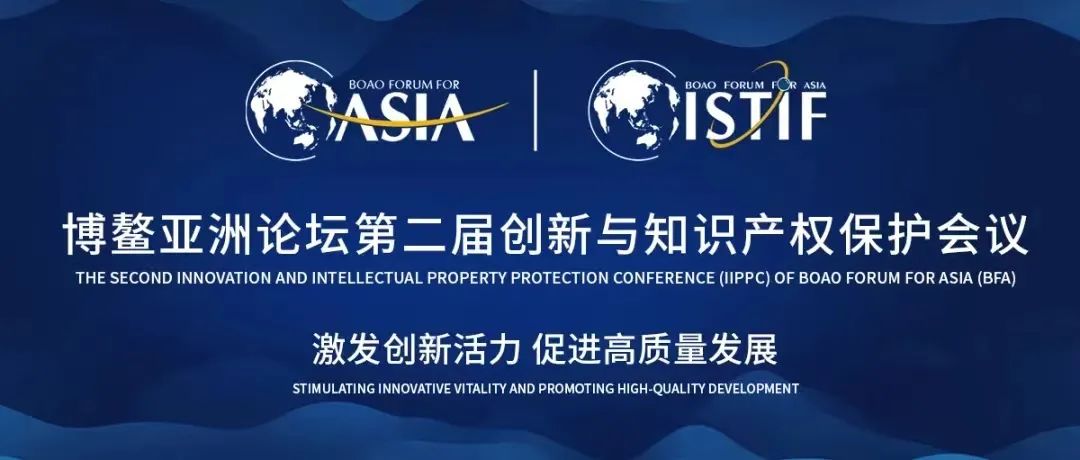
Boao Forum for Asia (BFA) convened the 2nd Innovation and Intellectual Property Protection Conference (IIPPC) in Guangzhou on July 20. Experts from various countries attending the conference lively discussed the topics of innovation and intellectual property protection, and actively provided Boao solutions for the construction of the international governance system of intellectual property and innovation ecosystem.
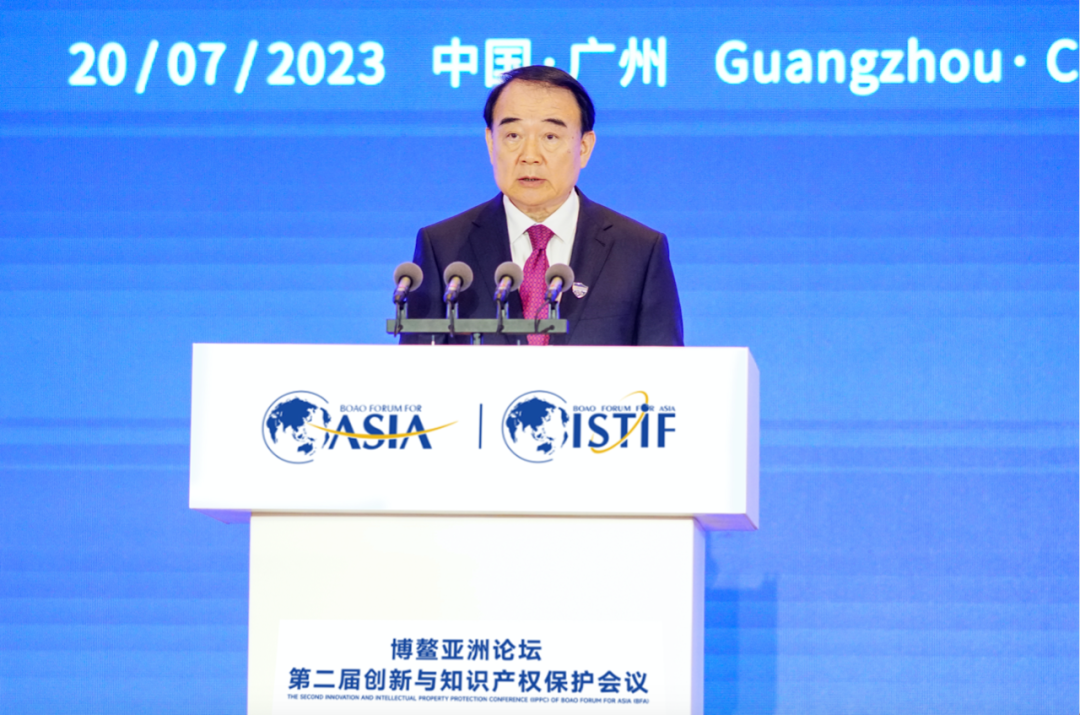
Secretary General Li Baodong said that, over the past two decades, we have been fortunate to witness the tremendous achievements that resulted from the innovation systems and policies in the overall strategic planning of developing countries, including the multi-polarized innovation landscape around the globe and a smaller gap of regional innovation. These, in turn, have further contributed to the healthy development of the global IP business and industry, adding more certainty of development into the uncertain world. In this, Asia and China continue to play a leading role. As Asian countries continue to promote innovation and intellectual property protection and national innovation capacity, they are becoming a new power source of sci-tech progress and a core region for innovation in the world. While having great positive impact on global economic growth and future development of mankind, innovation has also brought new challenges and problems for intellectual property protection, including how to actively protect the myriad of new sci-tech ideas and innovative products; how to rapidly and effectively transform the new innovative achievements into productivity and products; and how to ease intellectual property rights application access globally and resolve disputes in a more timely manner in the context of digitization. BFA positively looks forward to providing a platform for all parties to exchange and resolve cutting-edge issues in the field of intellectual property protection through this conference, and to jointly creating a favorable atmosphere and an orderly environment for global sci-tech innovation and intellectual property protection.
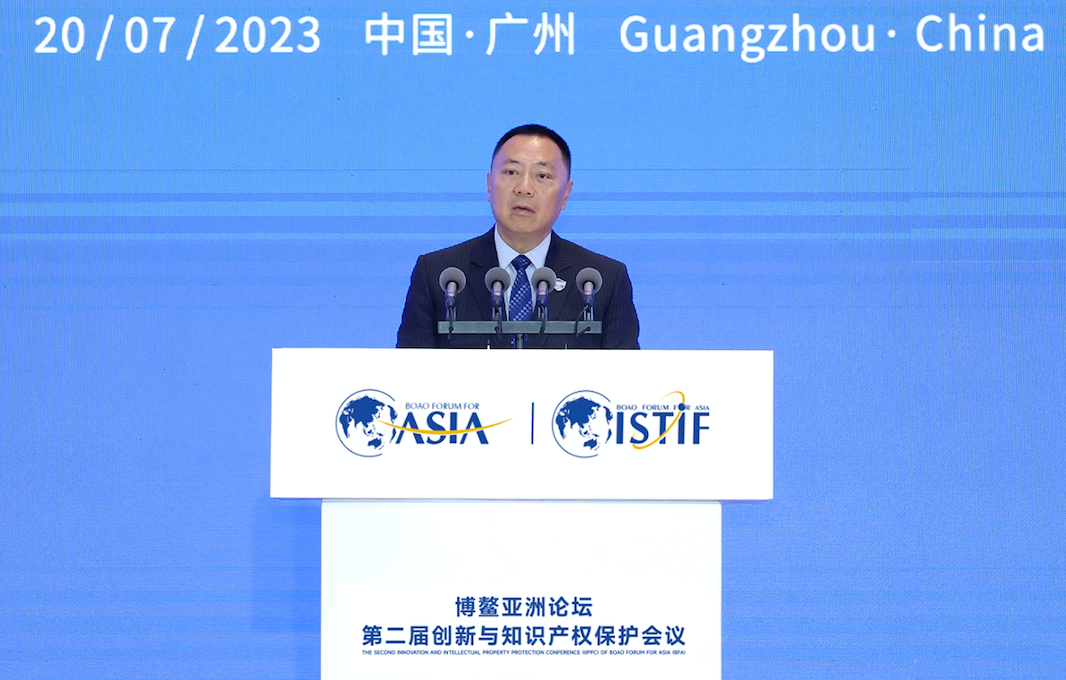
Leong Vai Tac, Member of the Council of Advisors of BFA and Chairman, BFA Macao Committee for Guangdong-Hong Kong-Macao Greater Bay Area Development, said that today, with the in-depth development of globalization, informatization and networkization, the content and connotation of innovation and intellectual property rights (IPR) protection have been constantly evolving, and have increasingly stimulate the vitality of social innovation and fuel the economic development. In this regard, there is an urgent need for the international community to strengthen exchanges and cooperation in this area, to jointly tap the huge potential of global innovation and sustainable growth, and to jointly gather the world’s vibrant forces for green, inclusive and open development.
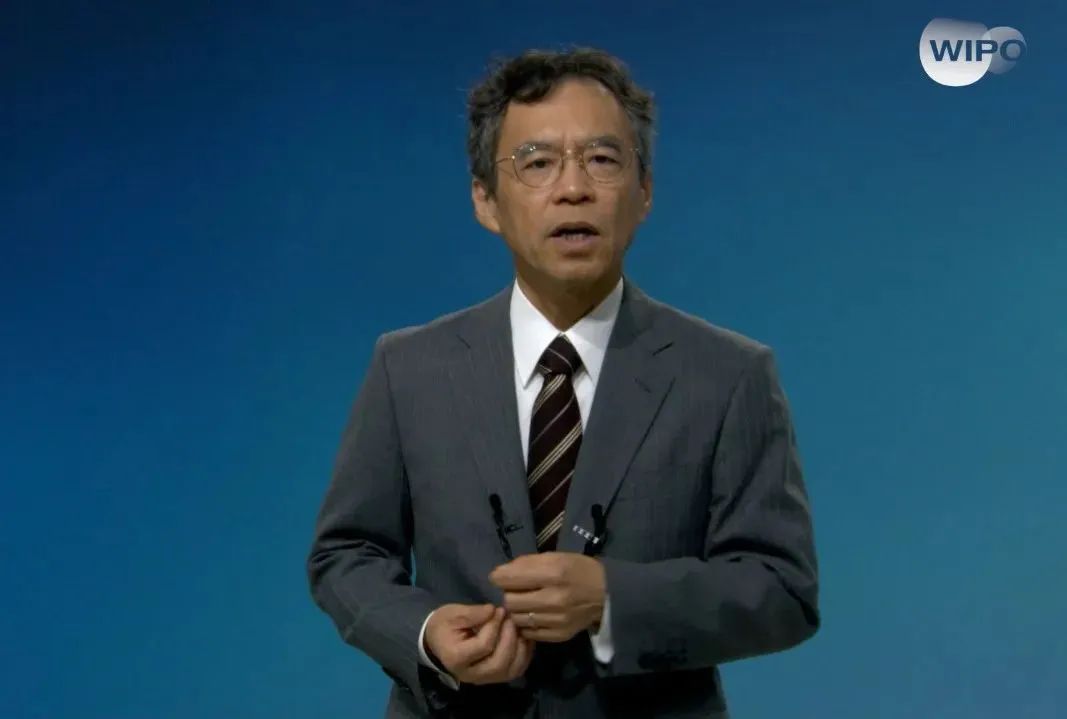
Kenichiro Natsume, Assistant Director General of the World Intellectual Property Organization (WIPO), noted that in the past two decades, we have witnessed the rapid development of new technologies, which were and would continue to influence the global economy and social fabric. Intellectual property is a key driver in protecting the development of new technological innovations and can help unlock tangible value for businesses, innovators and creators around the world. However, new technologies such as artificial intelligence, meta-universes, bioprinting, and drones have also increased the complexity of IP protection. Intellectual property must be understood and used by a wider range of people than in the hands of a small group of IP experts. WIPO is keeping close attention on the new changes in IP development in the new era, and is taking practical action to enable a wider range of people across the globe, including women, young people, start-ups, SMEs and researchers, to benefit from the advances of the technological wave and the development of IP.
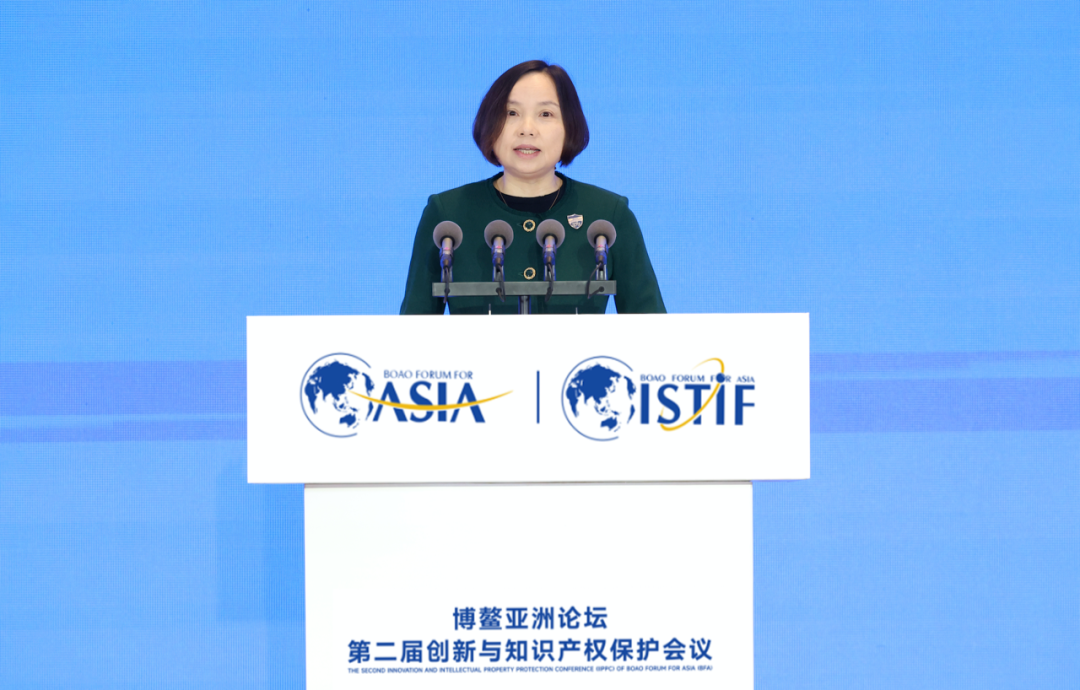
Liu Hua, Director of WIPO Office in China, said that this year marks the 50th anniversary of WIPO’s cooperation with China, and the two sides have carried out a series of important activities. Director General Daren Tang highly affirmed China’s achievements in the field of intellectual property during his visit to China, and the 50-year partnership between China and WIPO is also the latest chapter in China’s 5,000-year journey of innovation, invention and creativity. WIPO believes that the digital wave and the Deep Science wave will profoundly change and influence the future.WIPO has always been committed to building an inclusive, balanced, dynamic and future-oriented global IP ecosystem. The focus and direction of WIPO’s work in China includes the following four areas: firstly, to tell the story of China’s IPRs to the world; secondly, to strengthen partnerships; thirdly, to improve the existing global IPR service system; and fourthly, to build IPR policy tools that will promote investment, employment, and enhance the competitiveness of companies, and ultimately promote economic and social development.
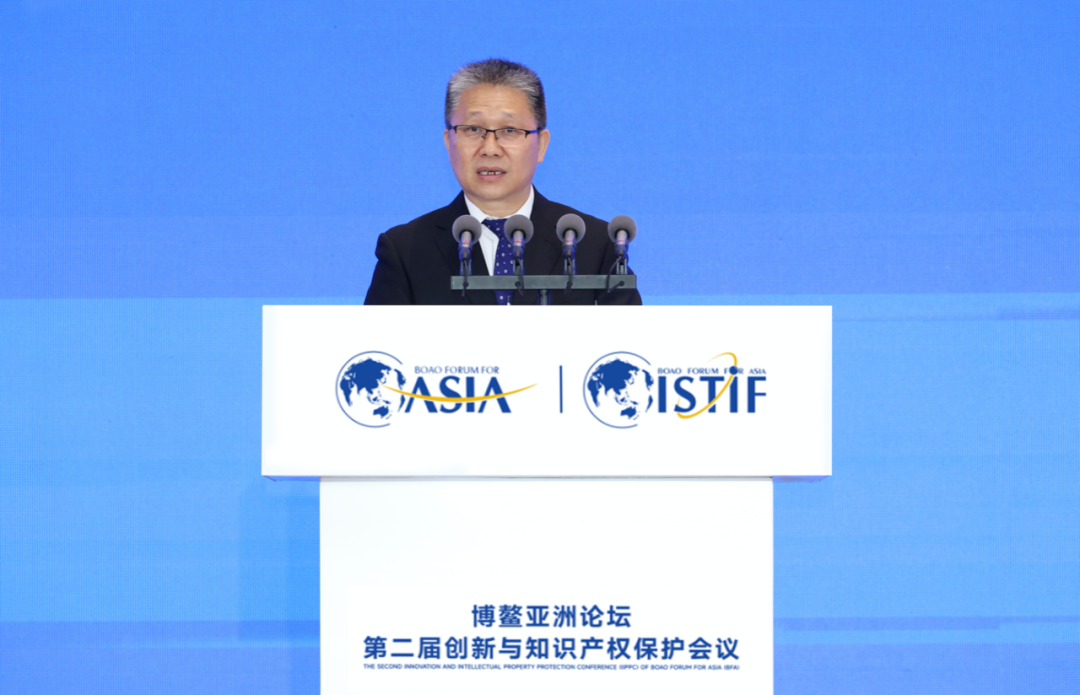
Wang Zhicheng, Director General of Copyright Department of National Copyright Administration of China (NCAC), said that in recent years, adhering to internationalization, socialization and professionalization, NCAC has promoted international cooperation and exchanges of copyright, highlighted the high standard protection and effective utilization of copyright, and actively pushed forward the construction of a strong copyright country and made remarkable achievements as follows: Firstly, the top-level design for building up China’s copyright strength has been improved by the day, which is an important part in modernizing the national governance system and governance capacity. Secondly, law-based administration and governance have progressed coordinately and the copyright protection is strengthening, strongly safeguarding the construction of a new development pattern. Thirdly, continued achievements have been made in copyright industries which boosted the high-quality economic development and socialist culture prosperity, in multi-bilateral international exchanges and cooperation on copyright, and in the building of international copyright governance system. NACA will continue to reinforce the concept of innovative development and unlock its potential and promote the great resources integration, development linkage and results sharing of copyright. NACA will also build an open platform for copyright cooperation and trade to optimize the innovation environment and gather innovation resources for countless pioneering and enterprising enterprises.
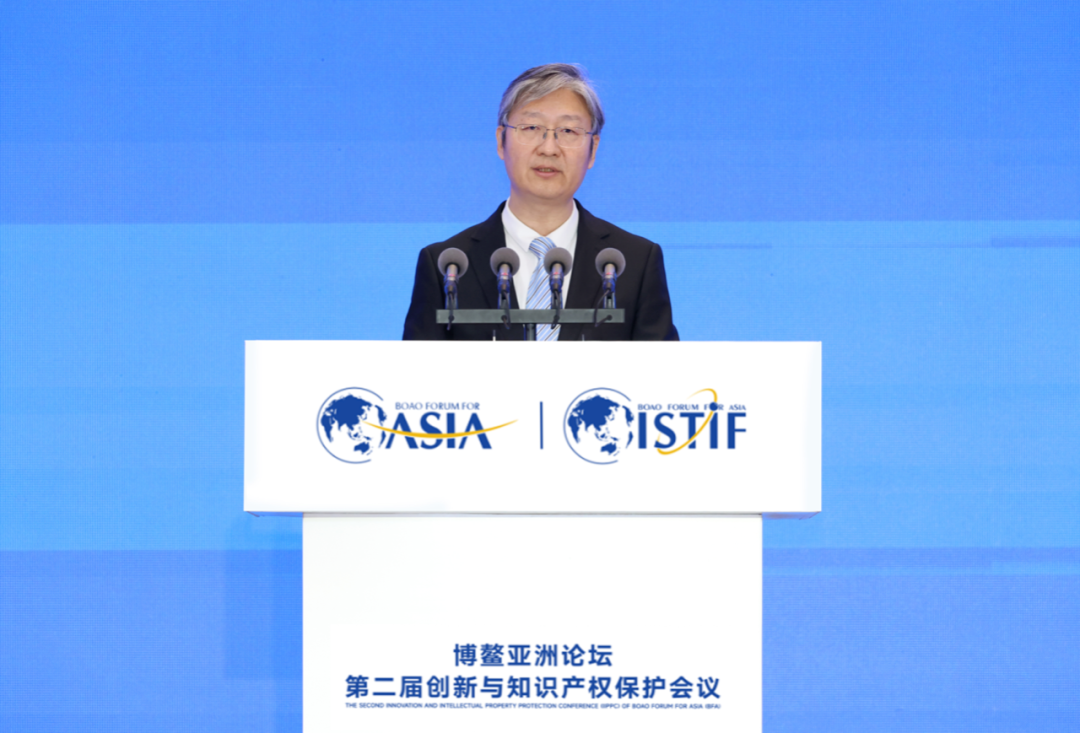
Zhang Zhicheng, Director of Intellectual Property Protection Department of China National Intellectual Property Administration (CNIPA), said that since the 18th CPC National Congress, the Chinese government has placed intellectual property protection in a more prominent position, deployed and promoted a series of reforms, introduced a series of major policies, actions and plans, and implemented a strict intellectual property protection system. Standing on the landscape of comprehensive development, CNIPA performed its duties and made positive progress in various aspects of intellectual property protection. First, it promotes coordination and takes responsible for implementation. Second, it strengthens innovation demonstration and builds highlands. Third, it improves mechanisms and builds a large protection pattern. Fourth, it focuses on capacity building and consolidates administrative protection. Fifth, it listens to enterprises’ appeals and responses to overseas disputes. Sixth, it enhances social awareness and creates a favorable environment for public discussion. CNIPA will continue to promote the implementation of “The Outline for Building A Strong Intellectual Property Country (2021-2035)”, “The 14th Five-Year Plan for the Protection and Application of National Intellectual Property” and “The Opinions on Strengthening the Protection of Intellectual Property”. To contribute more to high-quality development of intellectual property, CNIPA will also constantly improve the overall pattern of intellectual property protection and effectively play the role of intellectual property in protecting innovation and promoting development.
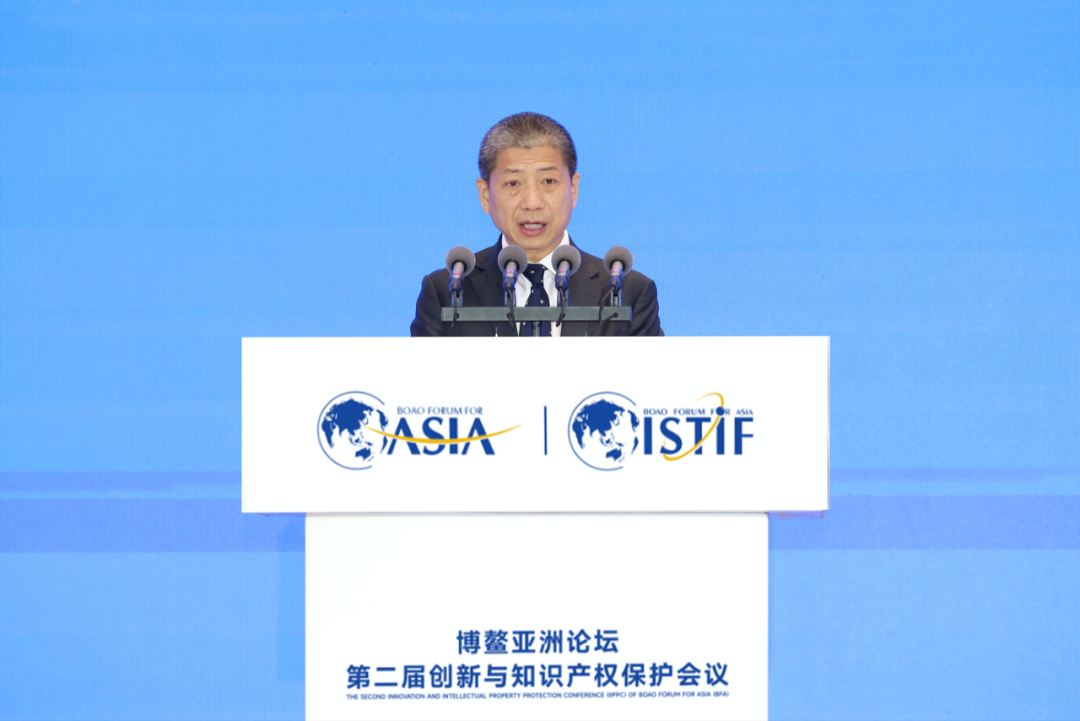
David FL Wong, Director of the Intellectual Property Department of the Hong Kong SAR Government, said that the Guangdong-Hong Kong-Macao Greater Bay Area is one of the most open and economically dynamic regions in China. And the Shenzhen-Hong Kong-Guangzhou Area has ranked second in the world’s best technology cluster for three consecutive years since 2020. According to the Global Competitiveness Report 2022, Hong Kong ranks 10th in the world in terms of intellectual property. Hong Kong has a sound intellectual property system. As the only Chinese-English bilingual common law jurisdiction in the world, its legal and judicial systems are trusted by the international market. Through intellectual property trade, the Greater Bay Area, on the one hand, brings in foreign capitals and technologies, on the other hand, assists the domestic innovation industries to go global. It supports the high-quality development of the region, and helps achieve the national development goals of the 14th Five-Year Plan period. Hong Kong is vigorously building an international innovation and technology center and a regional intellectual property trading center, continuing to improve the local innovation and technology ecosystem, and constantly leverage the unique advantages of relying on the motherland and connecting the world under One Country, Two Systems, to write a more glorious chapter in the development of innovation and intellectual property in China and Asia.
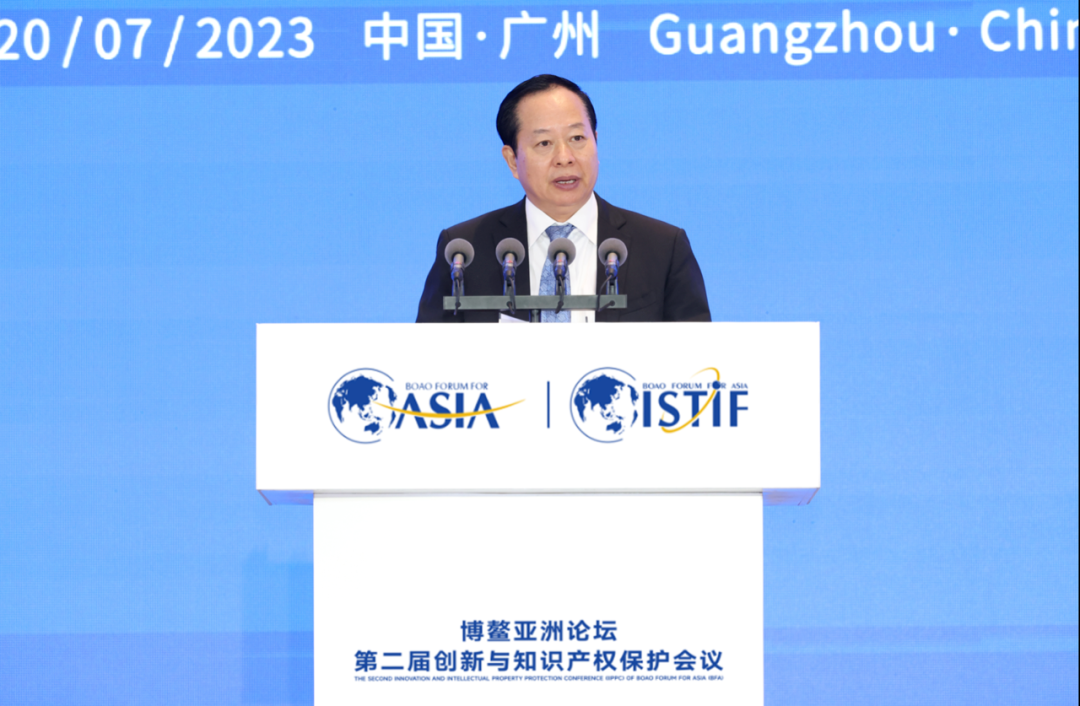
Zhang Xichun, Secretary of the CPC Committee of South China University of Technology (SCUT), noted that facing the main battlefield of economic construction, SCUT has built a whole chain of sci-tech innovation and achievements transformation system. Various patent indicators and the transformation rate of sci-tech achievements rank in the forefront of universities in China and the first place in universities in South China, forming a distinctive intellectual property “SCUT Mode”.Centering on national strategies and the world’s sci-tech frontiers, SCUT focuses on the layout of new engineering cross-cutting areas in Guangzhou, and establishes new colleges such as the School of Future Technology and the School of Microelectronics, which will overcome a number of "neck-breaking" technological problems and form high-value intellectual property achievements through innovative and organized scientific research modes, so as to contribute the “strength and wisdom of SCUT” to the construction of the global sci-tech innovation center in Guangdong-Hong Kong-Macao Greater Bay Area and the formation of an open innovation ecosystem.
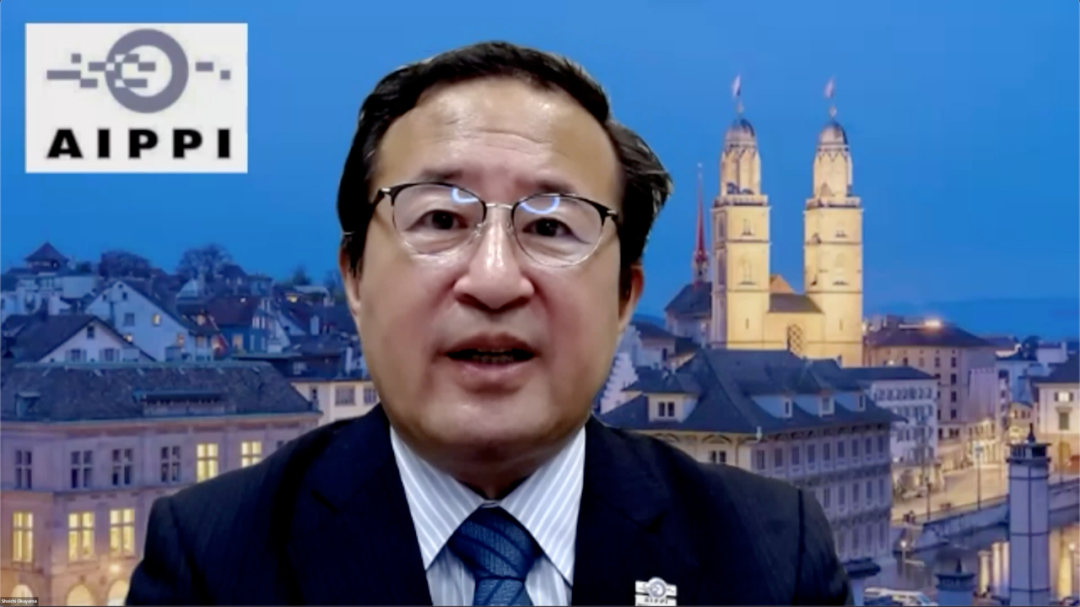
Shoichi Okuyama, President of the International Association for the Protection of Intellectual Property (AIPPI), noted that traditional secluded patent strategy is designed to protect and extend the life cycle of existing technologies from commercial competitors. Patent holders protect their inventions from imitation by disclosing information to the public in order to have a time-limited monopoly and secure the majority of market share. Given the current unprecedented development of new technologies, the patent race is expanding into previously untouched areas, and the new paradigm of open strategy and hybrid strategy are becoming increasingly popular. The global governance of SEP (Standards Essential Patents) still requires concerted efforts from all countries.
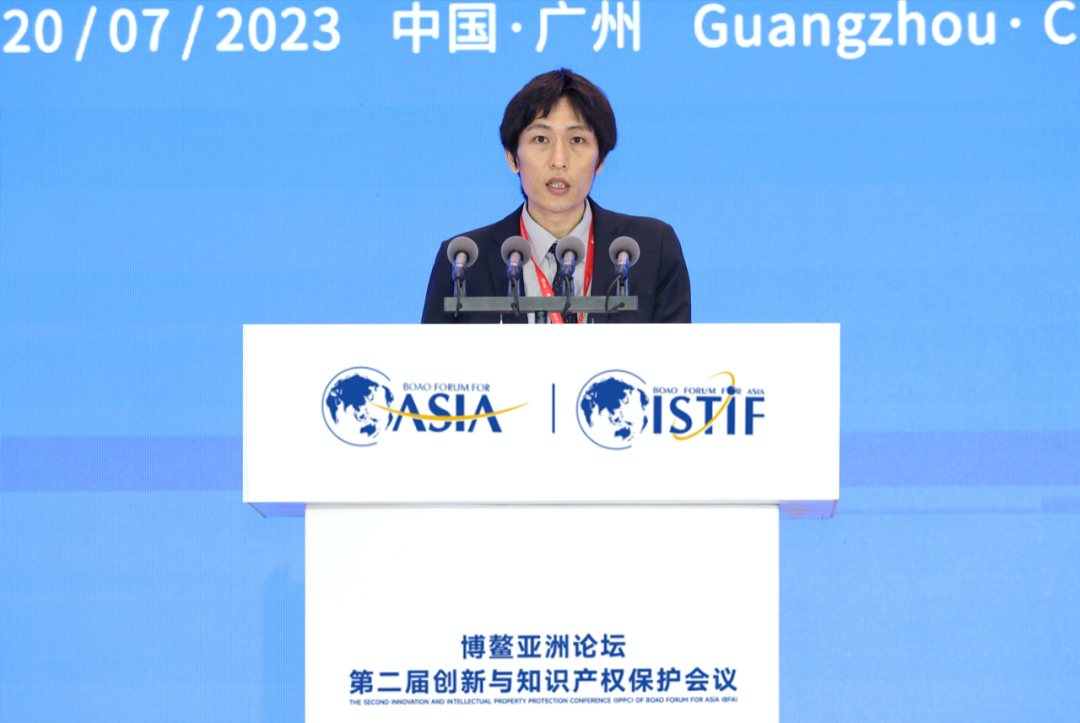
OTA Yoshitaka, Director of the Intellectual Property Rights Department of the Japan External Trade Organization (JETRO) Beijing, said that Japan is ranked 13th in the WIPO Global Innovation Index 2022. One of the Japanese strengths is knowledge & technology outputs and this is represented by patents. Japan Patent Office published a technology classification table which is called GXTI (the green transformation technologies Inventory). GXTI makes it easy to analyze the status of the innovation and intellectual property for green transformation technologies. Meanwhile, Japan’s 2023 Intellectual Property Strategic Program picks up the theme of“how intellectual property should be in the rapidly developing age of generative AI”as one of its considerations. Supporting and promoting the protection of intellectual property rights is essential for the realization of the green transition and the advancement of digital technologies or products, especially artificial intelligence.
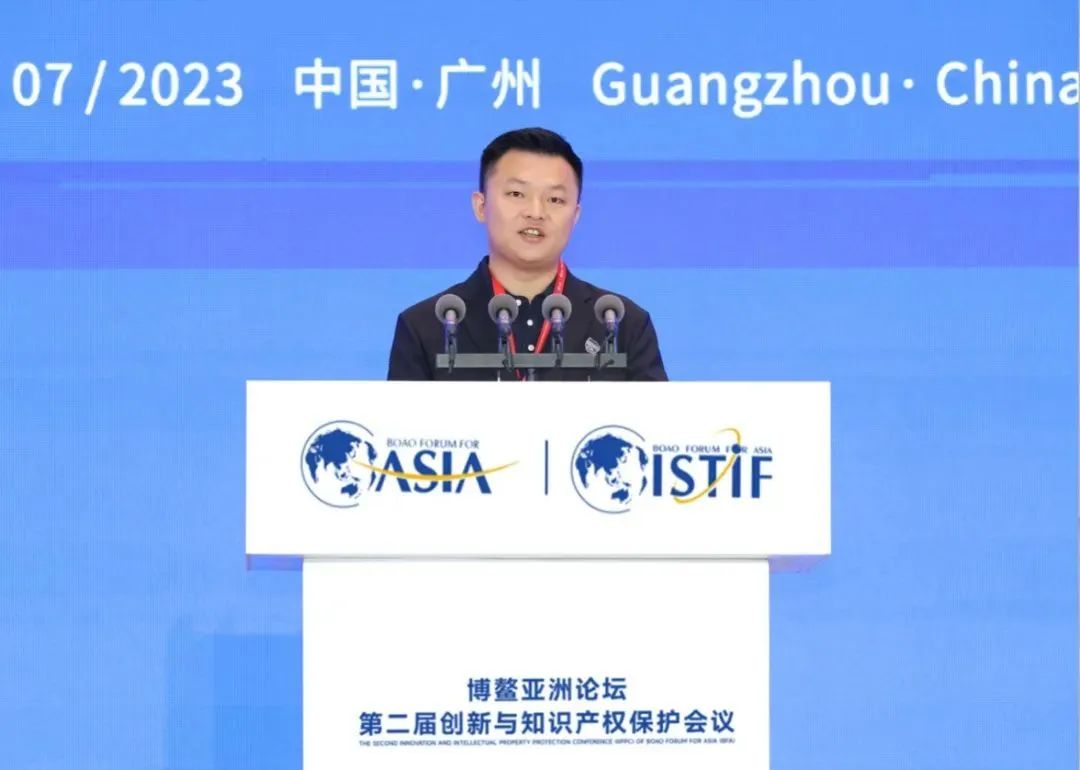
Zheng Chaogen, President of Fanchakonggu, believed that intellectual property protection can promote the development of traditional industries into fashionable and technology-based industries. Tea is one of the most traditional industries in China, and technological means can be introduced to empower the sustainable development of the tea industry. While increasing basic innovation, it is advocated to protecting the enthusiasm of enterprise for innovation and offering a strong guarantee for its high-quality development by obtaining trademarks, copyrights and invention patents.